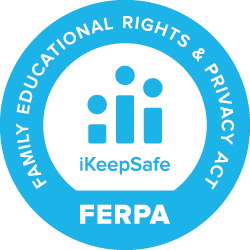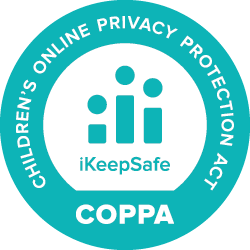Keynote Speakers

Keri Bean
MSL Rover Planner Deputy Team Lead
2020 Helicopter Integration Engineer
Learn More
About Keynote
Keri Bean will retrace her journey from a weather obsessed kid to leading the Mars rover drivers of Curiosity and helping fly the Ingenuity helicopter on Mars.
About Keri Bean
Keri Bean is a systems engineer at NASA’s Jet Propulsion Laboratory in Pasadena, California. She is the deputy lead Rover Planner (aka Mars rover driver) for the Curiosity rover and is a Helicopter Integration Engineer for the Perseverance rover and Ingenuity helicopter. She was one of the Mars rover Opportunity’s final engineers. She has also worked on the Spirit Mars rover, Phoenix Mars lander, the Hubble Space Telescope, and the Dawn, NEAScout, and Psyche missions to asteroids. She got her bachelor’s and master’s degrees at Texas A&M University in meteorology, with her focus on studying the weather on Mars. Her hobbies mostly center around Star Wars, as she is an active member of the R2-D2 Builder’s Club and cosplays with the Rebel Legion.
Connected Storm Sanctuary – Telecom in Natural Disasters
Dr. Robert Jakubek
VP Engineering and Network Operations
US Cellular
Learn More
About Keynote
Learn how the 4th largest telecom provider in the US manages its award winning cellular network during and after natural disasters to ensure the best experience for customer connectivity. In times of crisis, wireless connectivity is more important than ever: to ensure first responders can effectively keep people safe and so families and communities can stay connected to each other.
About Dr. Robert Jakubek
As vice president of Engineering and Network Operations for U.S. Cellular, Robert is responsible for ensuring the superior quality of U.S. Cellular’s high-speed network so that customers have the world’s best wireless experience. Jakubek also leads engineering teams at all of U.S. Cellular’s network operations centers across the country.
Jakubek joined U.S. Cellular in 1993, and prior to his current position he served in a variety of engineering leadership positions at U.S. Cellular. In those positions, Jakubek led engineering teams to ensure that U.S. Cellular’s high-quality network provided an exceptional wireless experience for customers.
Jakubek has a doctorate degree in computer science from Colorado Technical University, a master’s degree in business administration from University of Colorado at Colorado Springs, and a bachelor’s degree in Engineering Management from Southern Illinois University in Carbondale, Ill. Dr. Jakubek is a senior member of IEEE and ACM. His area of research is disaster preparation and recovery. He is a member of NIST’s community resilience panel. He is also a board member with Warriors for Wireless.
Robert lives in Barrington, IL with his wife Heather. His hobbies are marathon running, triathlons, rock climbing, ice climbing, camping, biking, and spending time outdoors.



Creating “A New Normal” for STEM Education with Justice for All Students: The COVID-19 Pandemic and Systemic Racism
Okhee Lee
Professor, NYU, Steinhardt School of Culture, Education, and Human Development
Todd Campbell
Department head of Curriculum Instruction, Professor of Science Education
Neag School of Education, University of Connecticut
Learn More
About Keynote
The presentation proposes an instructional framework that STEM education, by foregrounding justice and capitalizing on new advances in STEM disciplines, could offer solutions to systematic racism. Specifically, the instructional framework leverages data science, computer science, and multidisciplinary convergence of STEM disciplines, which have become key to finding solutions to the pandemic. By harnessing the affordances of new advances in STEM disciplines to address systemic racism, the instructional framework presents one approach to creating “a new normal” for STEM education with justice for all students. The COVID-19 pandemic offers an unprecedented context to engage all students in societally relevant problems. During the presentation, participants navigate data sources and review our science lessons as an example of our instructional framework.
About Okhee Lee
Okhee Lee is a professor in the Steinhardt School of Culture, Education, and Human Development at New York University. Her research involves integrating science, language, and computational thinking with a focus on English learners. Her latest research addresses COVID-19 and systemic racism. She was a member of the NGSS writing team and served as leader for the NGSS Diversity and Equity Team. She was also a member of the Steering Committee for the Understanding Language Initiative at Stanford University. She became a Fellow of the American Educational Research Association (AERA) in 2009, received the Distinguished Career Contribution Award from the AERA Scholars of Color in Education in 2003, the Innovations in Research on Equity and Social Justice in Teacher Education Award from the AERA Division K Teaching and Teacher Education in 2019, and the National Science Teaching Association (NSTA) Distinguished Service to Science Education Award in 2020.
About Todd Campbell
Todd Campbell is the department head of Curriculum and Instruction and a professor of science education in the Neag School of Education at the University of Connecticut. His research focuses on cultivating imaginative and equitable representations of STEM. In formal science learning environments, he works with pre-service and in-service science teachers and leaders to collaboratively promote students’ use of modeling as an anchoring epistemic practice in making sense of phenomena. In informal science learning environments, he engages in the iterative design of informal learning spaces and equity focused STEM identity.


